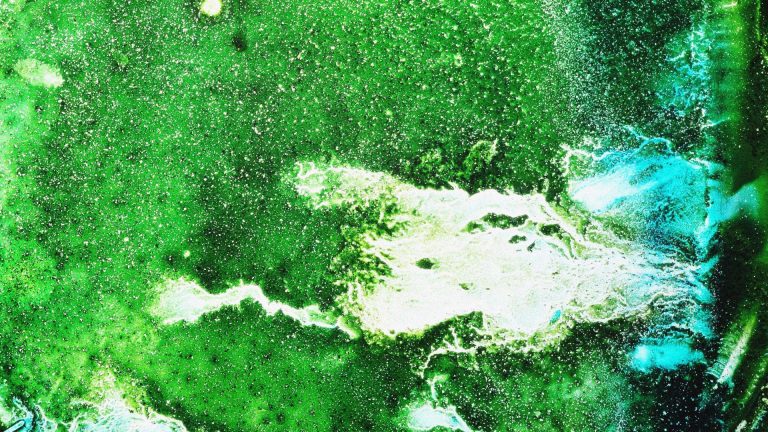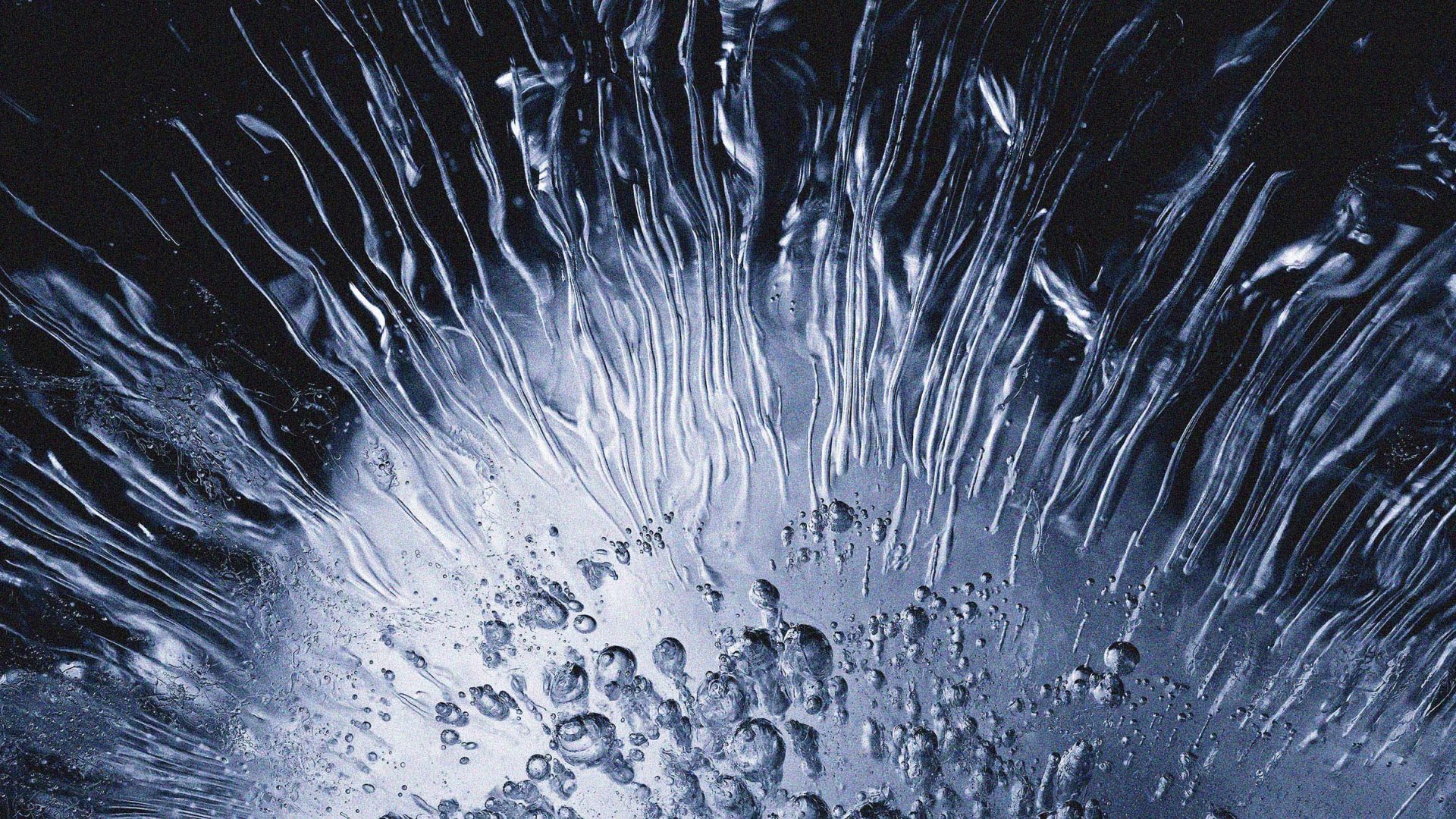I want to tell you about a paper in the physics journal Physical Review Letters titled “Quantum Mpemba effect in random circuits”. Or rather, not about that exactly (sighs of relief all round), but about this “Mpemba effect”.
You might suppose that Mpemba is a scientist you’ve never heard of, and in a sense that’s correct. But Erasto Mpemba discovered his eponymous effect while he was a 13-year-old secondary school student in Tanzania in 1963. He died around 2023 (the records are unclear) after working in wildlife management for the Tanzanian government. Why his name lives on in recondite papers on quantum physics is a strange and rather wonderful story about curiosity and determination in science.
In a school cookery class, Mpemba was set the task of making ice cream, for which the first stage was to boil a milk mixture and then let it cool before putting it in the freezer. Because he was worried there would be no room left in the refrigerator for his mixture, Mpemba set it to freeze before first letting it cool. To his surprise, he found that his sample froze before those of his classmates, who had dutifully followed the proper procedure.
When he asked his teacher why this was, he was told it was simply not possible and that he must have done something wrong. That seems like a reasonable conclusion, since the standard law of cooling (worked out by Isaac Newton) implies that, as you’d expect, a hotter liquid should take longer to freeze than a cooler one. “All I can say,” his teacher said sarcastically, “is that this is Mpemba’s physics and not the universal physics”.
But Mpemba was convinced he’d made no mistake, and didn’t let the matter drop. When, a few years later, a local physics professor named Denis Osborne visited the school from the University of Dar es Salaam to give a talk, Mpemba took the opportunity to ask him about the puzzle of the ice cream: if you placed identical beakers of a hot and a tepid liquid in the refrigerator, why does the hot one freeze first?
Suggested Reading


Find life on other planets? We can’t even agree what it is
Osborne thought it sounded unlikely, but he was intrigued enough to ask a technician at the university to repeat the experiment and found at least some evidence that Mpemba might be right. In 1969 Osborne wrote about the work with Mpemba, who was then studying at the College of African Wildlife Management in Moshi, and they published their findings in the journal Physics Education. Mpemba pointed out that Tanzanian ice-cream makers routinely froze their mixtures while they were hot, because that was considered faster.
It turns out that natural philosophers had long reported something similar: Aristotle, Francis Bacon and René Descartes all claimed that hot water can freeze more quickly than cool water. And coincidentally, also in 1969, Canadian physicist George Kell reported the same phenomenon in the American Journal of Physics, where he wrote about the “folk knowledge” of such an effect: “some say that a car should not be washed with hot water because the water will freeze on it more quickly than cold water will, or that a skating rink should be flooded with hot water because it will freeze more quickly”.
When Mpemba’s work was described in an article in New Scientist, it prompted a flood of anecdotes about food-freezing and hot-water pipes freezing in winter. In the decades that followed, several researchers tried to verify Mpemba’s claim, but the results were inconclusive.
Today, several experts on liquid physics think there could be perfectly good reasons why sometimes a hot liquid might cool faster. One is quite simple: if the containers are left open, some of the hot water will evaporate and its volume will shrink, so there’s less liquid to freeze.
There could also be difference in the amounts of dissolved gas in the two liquids, or in their content of tiny impurity particles that act as “seeds” for ice crystallisation. Maybe it matters too where the samples are placed in the refrigerator. The question shows just how hard it is to design experiments in which all the other factors than the one you’re studying are truly the same for all samples.
At any event, the Mpemba effect is now a blanket term for any process in which a system that starts “further away” from some end state unexpectedly gets there sooner than one that starts closer – as in that quantum physics paper above. The moral is that scientists shouldn’t assume their results are wrong just because they conflict with theory. They should be more like Mpemba, and keep asking questions.




